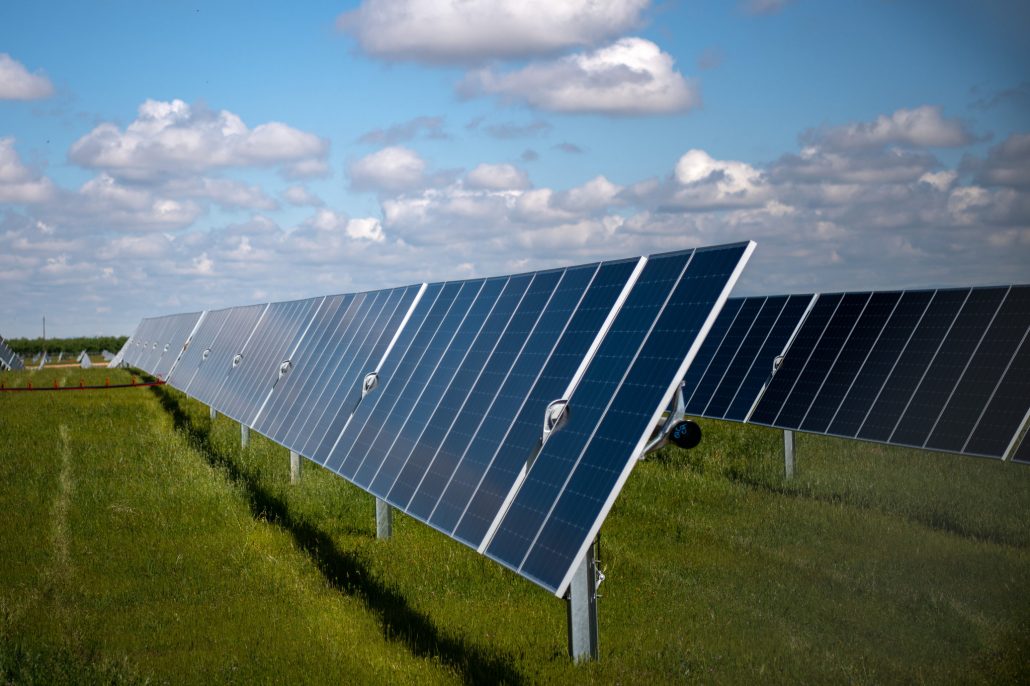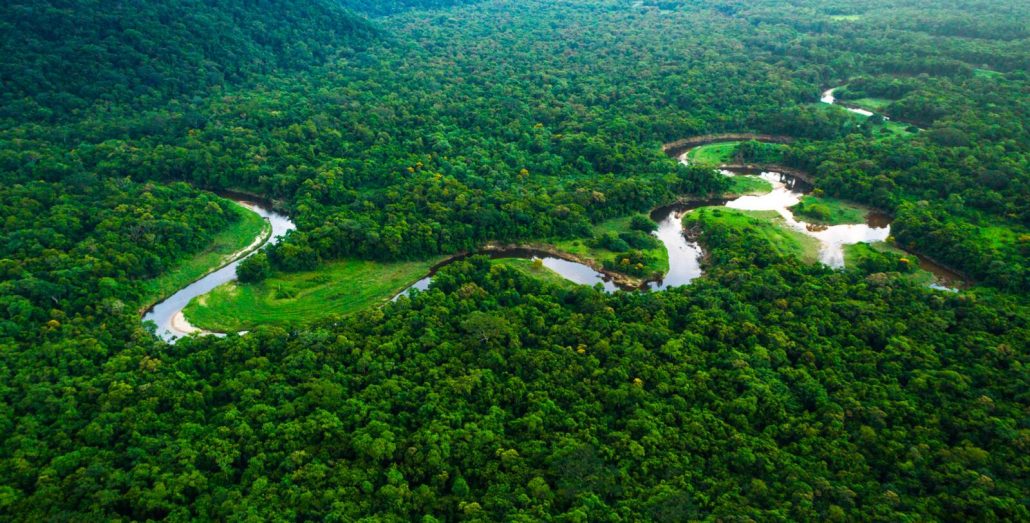The “green” industry is the one that primarily focuses and aims at improving the earth’s climatic conditions by switching techniques to safer and better options. Every area of an industry or sector is specialized in certain jargons and short forms. In this article we’ve shortlisted the top 10 green industry terms everyone ought to know.
Carbon Footprint: It is a measurement of the given activity on the environment. It basically measures the amount of greenhouse gases produced and released in the atmosphere, especially regarding units of carbon dioxide released.
Lifecycle assessment: Every single product has a lifecycle or a shelf life that includes from manufacturing the raw material, to production, use and recycling of the materials. Lifecycle Assessment (LCA) helps understand the lifecycle of a product that gives a bigger and better assessment about the shelf life and their ecological footprints.
Carbon neutral: It is another name provided to the net zero carbon footprint. It is usually used when the carbon monoxide is produced from the atmosphere, hampers the environment and steps are considered to neutralize or make up for the effect by planting more trees or by conducting other forms of activities.
Sustainability: It is the term used to preserve the natural resources. It is basically used to balance out the effects caused to replenish the environment and their assets to normal. Since the resources used are not generally exhausted, they are partially sustainable or are sustained indefinitely.
Renewable: This is the one key term used for all the sources that power energy from the environment to generate energy or electricity. For example, wind, solar, water etc are renewable sources of energy that are widely used to spread the green technologies worldwide.

Recycling: It is not an alien word to us, however, recycling refers to chief the form physically or chemically, to re-invent them into a new product for the same or better purpose. Recycling is everywhere and available in any form or product as it reduces the use of raw materials for manufacturing new products.
Upcycling: Upcycling and recycling are closely related and it is use of waste materials or discarded objects to use it for a better purpose, probably by giving it a new from and look. It could be something completely different or tiny changes to the already existing object with better pain, repair, etc.
Regenerative design: As the name suggests, it regenerates itself with the help of the previously existing form even using new raw materials that is available to them.
Circular economy: It is the kind of economy that is in completely sync and harmony with the surroundings, and the environment. It also refers to the maximum utilization of the raw materials and products until the end of the life-span of the materials.

